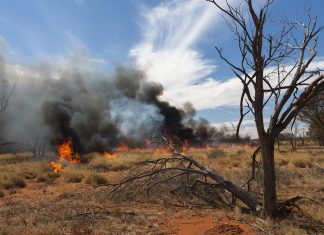PRODUCTION workers at Australian Paper’s Maryvale Mill have accepted a five per cent pay cut in their new enterprise agreement after more than 19 months of negotiations.
A Construction, Forestry, Mining and Energy Union postal vote, counted on Friday, came back with a vote of 199-187 in favour of the arrangement.
About 20 per cent of workers did not vote.
CFMEU Maryvale branch secretary and mill worker Anthony Pavey said it was a show of good faith from the 516-strong production workforce to help secure the future of the financially troubled mill.
“No-one’s happy but the membership has put their faith in the company to secure their jobs long term,” Mr Pavey said.
“It’s about future investment and security of jobs… and we’re going to hold the company to account on our end.”
The production agreement follows 160 maintenance workers at the mill voting up a wage freeze in their EBA, after a similarly lengthy negotiation, to help reduce costs last March.
Maryvale maintenance workers agreed on a 38-hour, four-day week while being paid for 35 hours, and were given 52 days off a year as part of an effort to gain $3 million of savings in labour costs.
Mr Pavey said the production side of the mill, which had 100 per cent union coverage, had opted for another solution.
“The maintenance workers were able to achieve their savings by doing extra hours and taking pay freezes; we haven’t changed our conditions we’ve dropped the value of our dollar basically,” he said.
Mr Pavey said morale had dipped following the result of the vote.
“It’s pretty flat at the moment; there’s no great joy in finding this sort of EBA, the workforce is fairly flat and a little bit divided with such a close vote,” he said.
“It’s very difficult at the moment.”
Australian Paper national manager sustainability, communication and marketing Craig Dunn said the company appreciated the sacrifice of its workers.
“AP greatly appreciates the commitment of our employees and we look forward to continuing to build on Maryvale’s position as a major Latrobe Valley employer,” Mr Dunn said.
Production workers will now wait four years for their next enterprise bargaining negotiation window.










